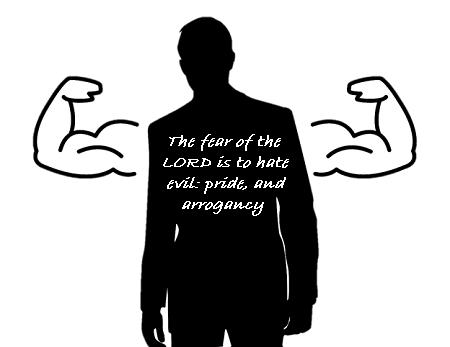How We Live in the Fear of God
How We Live in the Fear of God
Let not thine heart envy sinners: but be thou in the fear of the LORD all the day long.
Proverbs 23:17

The Truth⤒🔗
There are scores of verses in the Bible calling on us to fear God and instructing us what this fear of God is (for example, Deut. 31:12; Pss. 33:8; 111:10). This is true in both Testaments; there is no warrant to think the fear of God is an Old Testament idea, no longer applicable (for example, Matt. 10:28; Luke 1:50; Phil. 2:12; Rev. 19:5). Essentially, to fear God means to reverence, love, trust, and live for God alone. It’s the whole of true religion (Eccl. 12:13). John Brown of Haddington has captured it thus:
The fear of God means to esteem the smiles and frowns of God to be of greater weight than the smiles and frowns of men.
We were created in such a way that we had the proper fear of God in our hearts. In our fall, however, we sought to cast off that fear of God, though there are remnants of it in our consciences. Many fallen sinners still have a certain dread and apprehension of God, especially when they find God coming against them in temporal judgments. None of this of itself is saving, however. Romans 3:18 makes clear that by nature there is no true fear of God before our eyes. The fear of the Lord is a gift of God from out of His gracious covenant (Jer. 32:39-40). The Holy Spirit works in the hearts of sinners to instill the fear of God, to bring it into exercise, and nurture it (Ps. 86:11). This fear of the Lord is “clean, enduring forever” (Ps. 19:9).
The Way←⤒🔗
Do you know this fear of God? To truly fear God, first of all, means you will respect and reverence Him as the Holy God (Isa. 8:15). God is God and we are not. This should be ample reason for the true fear of Him. Also, He has revealed Himself both in creation and in His Word as all-wise, all-powerful, holy, just, and good. He ought to be held in utmost reverence because of who He is and how He has revealed Himself. Every blade of grass is a call for us to fear God. Every breath we breathe increases our responsibility to fear Him rightly.
To truly fear God, secondly, means you will worship Him as He has instructed us to do (Pss. 5:7; 89:7; Heb. 12:28). We should not pretend that we know of ourselves how to fear Him. He has not, however, left us in the dark as to how to do that. The Bible instructs us clearly and precisely how to approach Him.
To truly fear God, thirdly, means you will hate and flee from sin. Proverbs 8:13 explains:
The fear of the LORD is to hate evil: pride, and arrogancy, and the evil way, and the forward mouth, do I hate.

To truly fear God, fourthly, means you will live out of the forgiveness of sins opened up in the gospel of Christ. Psalm 130:4 says, “But there is forgiveness with thee, that thou mayest be feared.” This is not a single experience; as Paul instructs, it involves seeking cleansing again and again.
Having therefore these promises, dearly beloved, let us cleanse ourselves from all filthiness of the flesh and spirit, perfecting holiness in the fear of God.2 Corinthians 7:1
To truly fear God, fifthly, means you are spoiled and ruined for this world, as Noah was. We read that Noah, “moved with fear, prepared an ark to the saving of his house; by the which he condemned the world, and became heir of the righteousness which is by faith” (Heb. 11:7).
To truly fear God, sixthly, means you will long to commune with others who fear Him (Mal. 3:16). Additionally, you want to see the fear of God spread to the coming generations and throughout the world (Ps. 34:11; Josh. 4:24).
To truly fear God, lastly, means you always desire to know God better. The fear of the Lord is the beginning of wisdom (Prov. 1:7). But when we fear God rightly we will never have enough of that knowledge (Prov. 2:5).

Add new comment